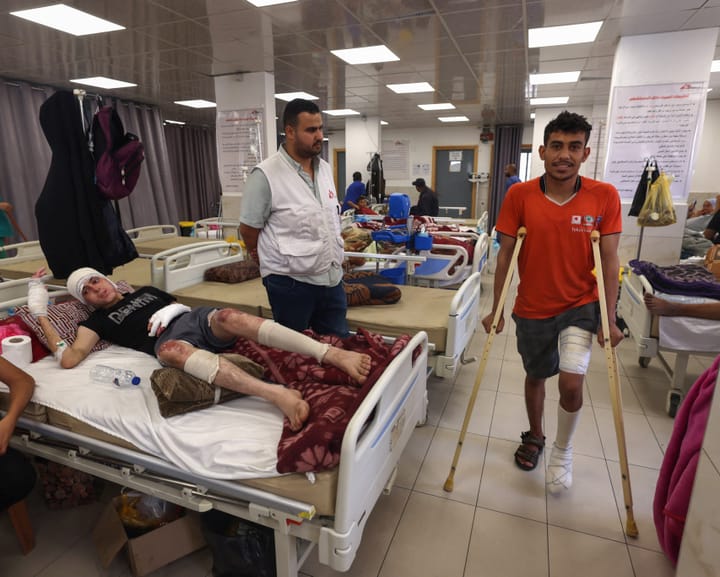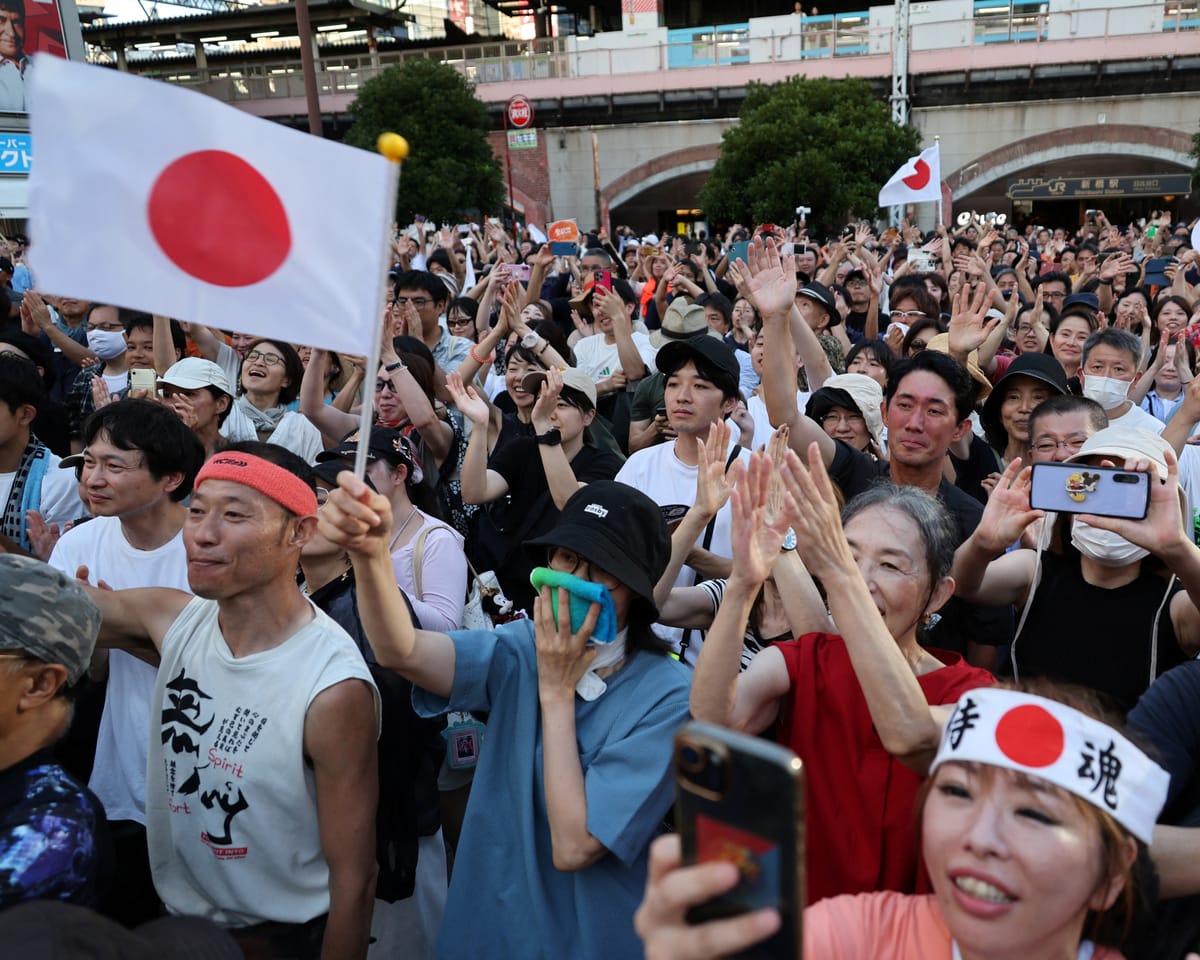Right-Wise Populist Party Gains Ground in Japan’s Election Amid Rising Foreign Presence Concerns
A right-leaning populist group in Japan secured seats in the upper house election on Sunday, campaigning under a nationalist slogan akin to "Japanese First." This has sparked worries over potential resistance to the increasing number of foreigners in the country.
The party, Sanseito, has capitalized on public unease about rising immigration and a surge in tourism post-pandemic. However, many attribute its appeal to economic instability—where citizens recognize the necessity of foreign workers and visitors but remain uneasy about the societal shifts they represent.
Sanseito’s jump to 14 lawmakers from a single seat in the previous election marks a notable gain, though it remains a small faction in the 248-member house. Its rise coincides with the highest foreign resident population on record at 3.8 million in 2024, tourist arrivals exceeding 20 million in early 2024, and escalating Tokyo real estate prices driven by overseas investors.
**Shifting Attitudes and Economic Pressures**
“It’s fair to say that many Japanese are losing confidence,” explains Masafumi Usui, a social psychology professor at Niigata Seiryo University. “When life feels stable and respected, people are more open. But when survival seems threatened, they become protective of their culture, leading to nationalism or distrust of outsiders.”
A Changing Global Standing
Usui points out that anti-foreign sentiment was rare during Japan’s economic peak in the 1980s, when the nation was admired worldwide. However, as GDP growth slowed and neighboring economies outpaced Japan in industries like electronics, he says adjusting has been difficult.
“Outright hate speech remains limited, but many now question why resources go to foreigners rather than locals,” Usui adds. “Sanseito’s message resonated with those feeling Japanese traditions need safeguarding.”
Balancing Growth and Identity
Foreign-born residents make up just 3% of Japan’s population. While economic expansion requires more foreign labor, Sanseito proposes automation instead. Still, even critics admit foreign workers are currently indispensable.
At a company where Akio Ono installs air conditioners, Vietnamese workers are common. “We get along fine,” Ono says. “But when visiting customers, a Japanese colleague must join due to lingering bias and language barriers.”
Reports of crimes involving foreigners, frequently amplified online, have further fueled tensions.
Read next

Ukraine strikes on refineries leave Russians struggling with fuel shortages
Russia Faces Fuel Crisis as Drone Strikes Cripple Refineries
Russia, often regarded as an energy powerhouse, is experiencing unexpected fuel shortages after a series of Ukrainian drone strikes damaged refineries across the country.
In several regions, petrol stations have run out of fuel, prices have soared to unprecedented levels, and

"France in crisis: Economic dispute escalates into political turmoil"
France finds itself in economic uncertainty, lacking a budget and possibly facing a government collapse. Prime Minister François Bayrou has called for a parliamentary confidence vote on 8 September. With left-wing and far-right parties vowing to remove the government, he lacks the necessary support to prevail.
Recently, the Socialist Party

"MSF reports a third of Gaza outpatient wound patients are children"
Nearly one-third of outpatients treated for injuries at medical centers operated by Médecins Sans Frontières (MSF) in Gaza last year were children under 15, according to data published in The Lancet.
The statistics, shared by MSF in correspondence with the medical journal, were gathered from six healthcare facilities in Gaza,

